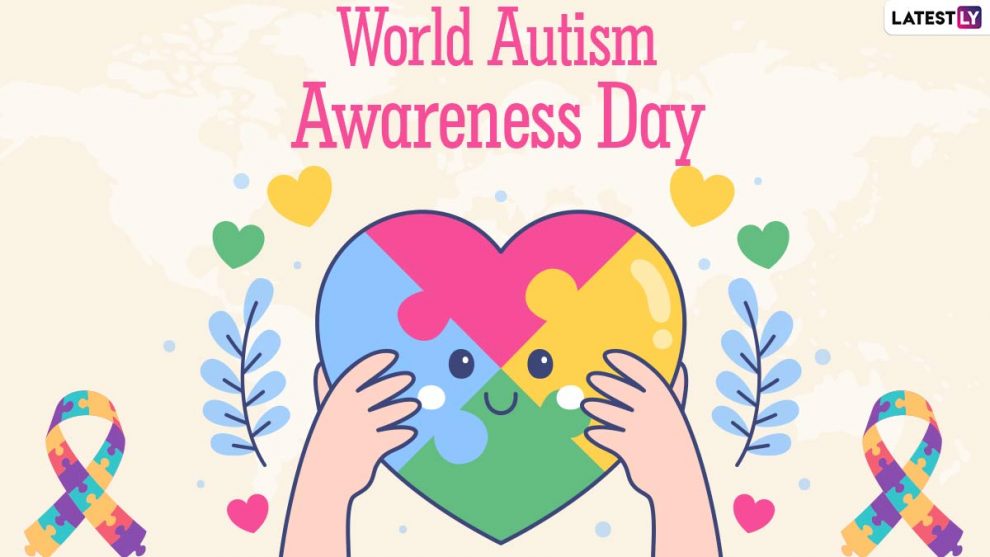NEW research from University of South Wales (USW) investigates whether caregivers of those with Autism Spectrum Disorder (ASD) could boost their own wellbeing with an intervention to help them to cope.
Forming part of a larger study about the potential benefits of a particular form of coping (Positive Reappraisal Coping), this research invited this particular group of caregivers to think about their own wellbeing, emotions, and their perceptions of being a caregiver.
Dr Deborah Lancastle, lead author of the paper, said: “In a previous body of work, I developed a coping intervention for infertile women, to help them to focus on the positive aspects of a very difficult situation. For example, some would say that whilst they have had a traumatic time, it had brought them closer to their partner.”
The intervention includes a leaflet with ten statements, to be read a few times a day, that prompts the reader to focus on any positive aspects of a difficult situation.
“This doesn’t mean pretending everything is wonderful when it isn’t – but paying more attention to the positives rather than the negatives can bring relief. This form of coping had been shown in studies by Professor Susan Folkman to be linked to better psychological wellbeing in the caregiving partners of men with AIDS, before and after bereavement,” said Deborah.
Deborah was keen to find out if this form of coping was effective in different caregiving contexts. She said: “The positive aspects of caregiving can get overlooked. Whilst social and practical support is vitally important, they are not always available. It is clear from our findings that caregivers fight tremendously hard for resources that those in their care deserve and need, but the resources aren’t always forthcoming.
“In those circumstances, such as during the pandemic where the external resources are not available, caregivers have no choice but to rely on their internal resources. Our research suggests that caregivers can self-help, by looking for some positives and focussing on those.
“This research is not intended to undermine the fact that caregivers can feel exhausted and undervalued. By no means are we asking people to be glad about things that are difficult – feeling tired and stressed is normal when the demands of life are great. However, it is upsetting to feel that way. The upset can be reduced by spending time thinking about the better times.”
Some of the positives reported by caregivers included, feeling good about their loved one’s developmental progress, the pleasure from knowing that they have personally helped their loved one in important ways, and enjoying their loved one ‘as a person’ regardless of their loved one’s needs and condition.
Deborah said: “This study was designed to inform the development of an intervention for the caregivers of those with ASD. Currently, we are undertaking further work based on our findings, to develop an appropriate intervention for this group of caregivers, and to gather feedback on its effectiveness once it is in use.”
Different caring contexts vary in many ways, for example, the age of the person needing care, their prognosis, the relationship with the caregiver, and so on. Deborah and her collaborators are also evaluating the use and helpfulness of positive reappraisal coping in the caregivers of those with eating disorders, Dementia, Down’s Syndrome, and Huntington’s Disease.
Joanna Hill, co-author of the paper, has two sons who were diagnosed with ASD as children. Speaking from her experience as a caregiver, she said:
“The subject is close to my heart. I identified with the research from my own personal observations that caregivers of people with ASD often have feelings of isolation, loneliness, and no support or recognition for the care they give. I wanted to help people who were feeling like this, even if it was only in some small way.
“My husband and I have battled and endured many fights and struggles with various agencies, such as schools, Child and Mental Health Services, and the local council for the appropriate support for our sons. It is a long, difficult, and trying road when it should be easier. Professionals should be compassionate and willing to help rather than judging, blaming, and unhelpful to parents who just want their children to be happy, healthy, and successful.
“I was also diagnosed with ASD in 2019, which explained a lot about myself and my own behaviours and my need for routine and structure. I feel that my diagnosis would have been more beneficial to me as a child, but I have learned to mask my traits and feelings well.
“I have used the intervention, introducing it into my life and the lives of my family. I encourage my husband and sons to try and look at every situation from a more positive aspect, or to try and see the brighter side. This reframing of negative situations into more positive outlooks has greatly benefitted us as a family and as individuals, and has resulted in a happier household and a more positive attitude overall.
“My personal journey of motherhood has been difficult but so worth it. I feel blessed to have the children we have. I identify strongly with my sons and the struggles they face every day. I know how it feels to be misunderstood, ignored, and overwhelmed by everyday normal events. My caregiving role has made me a stronger person, someone who will advocate for my sons no matter how it makes me feel, and more determined to help them become strong, resilient, and independent people as they grow older. My family has made me the person I am today, and I am so grateful to them.”

















